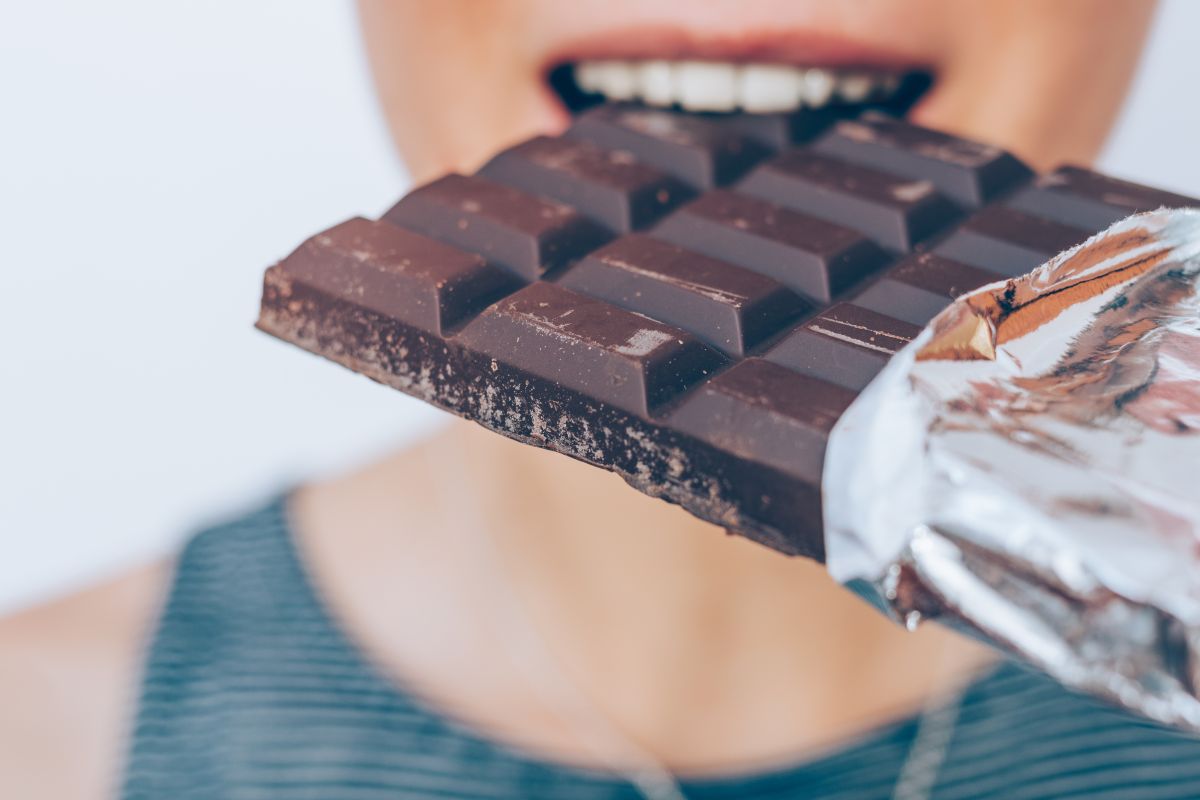Due to its high content of polyphenols, flavonoids and procyanidins, and its role as an antioxidant, cocoa consumed in small amounts could have a beneficial impact on people’s cardiovascular health, cognitive ability and brain function.
In a study published by nutrition researchers from the Universitat Oberta de Catalunya, Professor Alicia Aguilar indicates that “there are studies that suggest the beneficial effects of cocoa on people’s cardiovascular health, due to its high content of polyphenols (flavonoids and procyanidins). ) and its role as antioxidant, antiplatelet and anti-inflammatory»,
brain health
Cocoa consumption is related to improvements in cognitive ability and brain function. According to scientific studies from the University of L’Aquila (Italy), taking a dose of chocolate every day “acts as a dietary supplement to counteract cognitive decline.” On the other hand, cocoa would improve memory and the processing of visual information.
María José Acebes, a neuropsychologist and associate professor at the UOC’s Health Sciences Department, explains that this is because “flavonoids may be behind these properties of cocoa in memory processes and its positive effect on aging brain, “since they are cellular protectors (as is the case of neurons)”.


Cocoa and cocoa-derived foods have been suggested to have the potential to counteract cognitive decline and maintain cognitive abilities, particularly among patients at risk.
Research indicates that there is a relationship between cocoa and cognition. “Shows dose-dependent improvements in general cognition, attention, processing speed, and working memory,” indicates research published in Frontiersin.
It also explains that the administration of cocoa flavanols also “could improve normal cognitive functioning and exert a protective role on cognitive performance and cardiovascular function, specifically impaired by sleep loss, in healthy subjects.”
eat dark chocolate
Alicia Aguilar warns that although there is scientific evidence on the benefits of chocolate, it is still necessary to deepen this.
Aguilar recalls that “there is a higher proportion of polyphenols when the concentration of cocoa is higher (75% or more)”.
While María José Acebes clarifies that most of the chocolate consumed is not pure cocoa. “It contains other substances whose health effects may not be favorable,” she explains.
“When research is carried out on the beneficial properties of chocolate, pure, natural and untreated cocoa is always studied: “for this reason, when chocolate is consumed, the darker and purer it is, the better”, he warns.
In this sense, Aguiar indicates that although the amounts of flavonoids can also vary depending on the origin of the cocoa, the transformation process, etc., dark chocolate has a higher proportion of flavonoids.
“In the case of milk chocolate, in addition to having a lower proportion of cocoa, the addition of milk could decrease the absorption of flavonoids and their antioxidant effect,” he explains.
